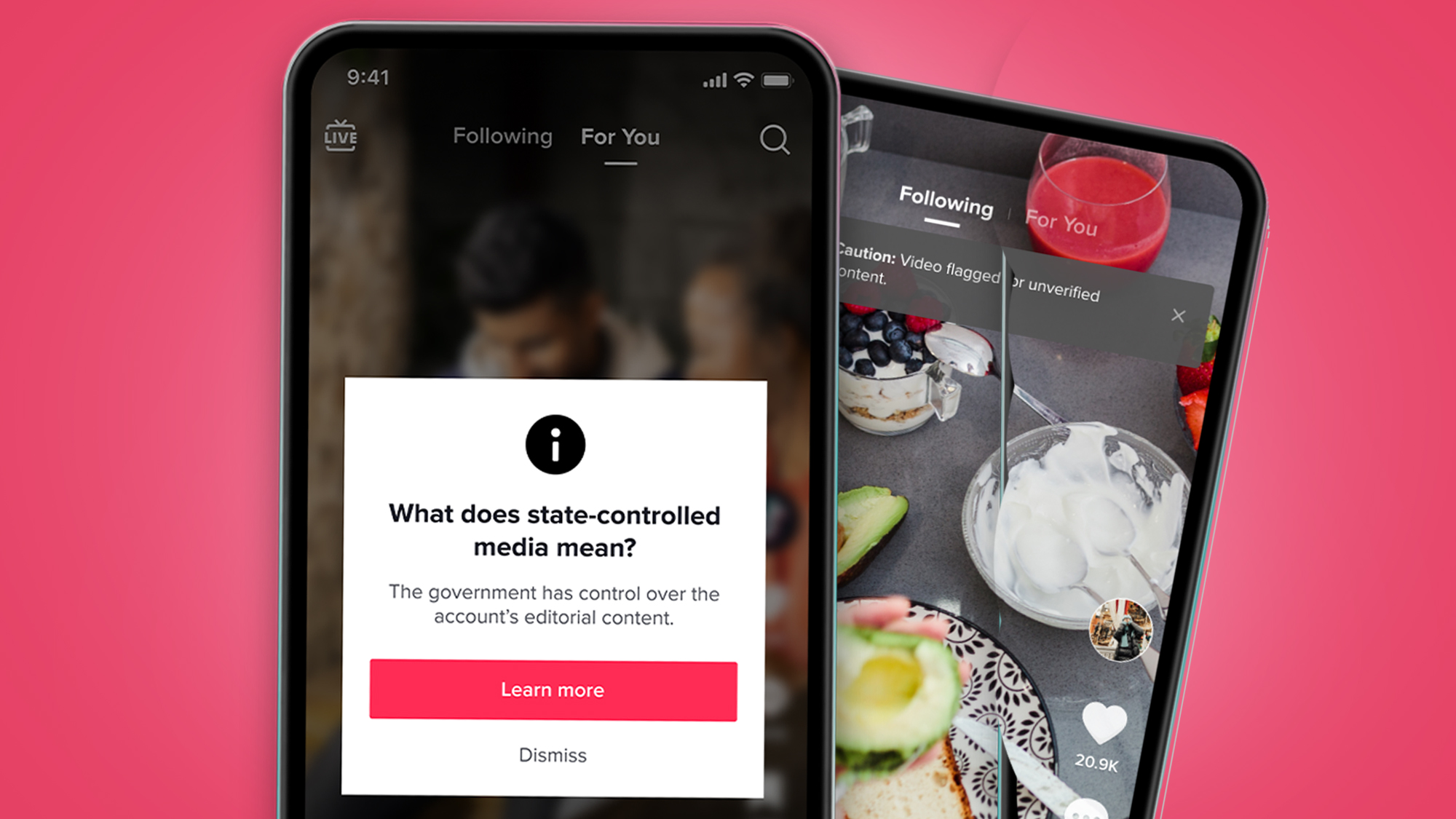The US House votes to ban TikTok - but it's not as bad as you think
It's just one vote out of many to come

Sign up for breaking news, reviews, opinion, top tech deals, and more.
You are now subscribed
Your newsletter sign-up was successful
The US House of Representatives has passed a bill that calls upon TikTok to divest itself from Chinese owner ByteDance or face a nationwide ban. The bipartisan bill comes from the leaders of the House Select Committee on China, and aims to curb the possibility that TikTok could be used by the Chinese government to influence US politics or gather information about US citizens. While the bill’s passage is certainly a step toward a possible ban, there are numerous, complicated steps remaining, and in the end, an outright ban seems unlikely.
The next step for a TikTok ban would be the passage of a companion measure in the US Senate, then reconciliation between those two bills before the law is sent to the President to be signed. There is no companion bill in the Senate, so there won’t be any imminent vote, and no law will be sent to President Biden’s desk any time soon.
The House bill also gives TikTok five months to comply with government demands, so even if the law was passed today, there would still be a five-month reprieve while TikTok and ByteDance decide the next move.
TikTok is incorporated in the US and claims that it does not share any information with the Chinese government. No incidents of information sharing have been cited by TikTok’s critics.
Further, if the US does pass a law aimed at TikTok and ByteDance, the company would likely sue and force the US to defend the law in court. That hasn’t gone well for lawmakers, thus far. Every time a proposed TikTok ban has come before a Federal judge, it has been rejected.
That does not mean there's no reason for concern among TikTok fans and followers. While there is no bill in the US Senate aimed at a TikTok ban, the US House moved unusually swiftly in crafting this bill and then passing the law with a large amount of bipartisan support. The TikTok ban does not have the same robust support in the Senate as it did in the House of Representatives, however, so a fast track for legislation seems unlikely.
Though the House bill has support from both Republicans and Democrats, the party presidential candidates have taken opposing sides on the idea. President Biden has already said he would sign a TikTok ban law, while President Trump has said he opposes a TikTok ban.
Sign up for breaking news, reviews, opinion, top tech deals, and more.
In response to the vote, TikTok issued the following statement: “This process was secret and the bill was jammed through for one reason: it’s a ban. We are hopeful that the Senate will consider the facts, listen to their constituents, and realize the impact on the economy, 7 million small businesses, and the 170 million Americans who use our service.”
You might also like

Starting more than 20 years ago at eTown.com. Philip Berne has written for Engadget, The Verge, PC Mag, Digital Trends, Slashgear, TechRadar, AndroidCentral, and was Editor-in-Chief of the sadly-defunct infoSync. Phil holds an entirely useful M.A. in Cultural Theory from Carnegie Mellon University. He sang in numerous college a cappella groups.
Phil did a stint at Samsung Mobile, leading reviews for the PR team and writing crisis communications until he left in 2017. He worked at an Apple Store near Boston, MA, at the height of iPod popularity. Phil is certified in Google AI Essentials. His passion is the democratizing power of mobile technology. Before AI came along he was totally sure the next big thing would be something we wear on our faces.